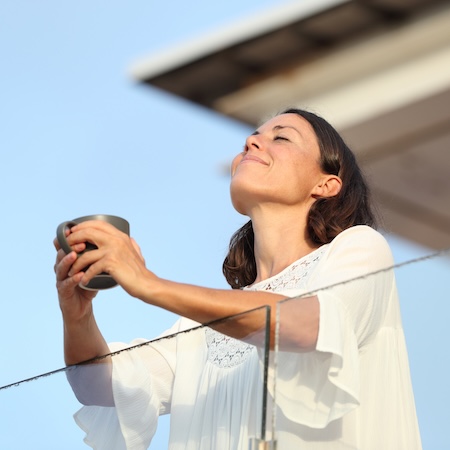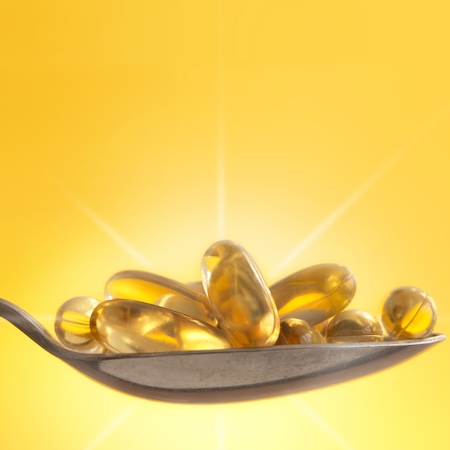Article source: https://www.socialpost.news/study-this-is-how-the-sun-and-uv-rays-can-prevent-skin-cancer/
Sunburn and uncontrolled sunbathing outdoors, with increased exposure to UV rays, can increase the risk of skin cancer. Fair skin types and genetic predispositions are most at risk. On the other hand, moderate and balanced sunbathing not only contributes greatly to a healthy lifestyle, but also prevents the development of malignant melanomas with the production of vitamin D.
Risk factors that, according to the RKI, increase the risk of developing skin cancer are, among others, congenital or hereditary: the most important congenital risk factors include particularly large pigmented moles already present at birth and light skin type. If several first-degree relatives have malignant melanoma, this may indicate an increased risk in the family due to inherited mutations.
And irresponsible use of sunlight and UV rays can also have downsides, because sunburn at any age increases the risk: even those who have been exposed to uncontrolled UV rays at some stage of life, childhood, adolescence or adulthood, have an increase. Alleged risk of skin cancer. This is because malignant melanoma results mainly from trauma-like UV exposure in which the skin is unable to adapt to more intense UV exposure, for example due to frequent summer vacations with intense sunlight.
Moderate and balanced sunbathing in a controlled environment, in addition to the production of vitamin D, can effectively prevent the development of malignant melanoma.
© SonnenAllianz, obs
Before going on vacation in the South, the skin should slowly get used to the higher UV indexes. Because the resulting texture and tanning of the skin as well as the associated vitamin D provide immediate protection against malignant melanoma and its consequences.
Studies show that sunbathing can prevent the development of tumors
Vitamin D primarily affects the health of cells in the so-called epithelium – the outer tissue layer of our organs and glands. On the other hand, in the case of vitamin D deficiency, cancer cells can multiply unimpeded.
But how can you make sure that the vitamin D stores in the body are always full enough to fight cancer cells? In addition to supplementation, i.e. ingestion of vitamin D preparations, vitamin D synthesis through moderate sunbathing has always been the most natural form of adequate vitamin D supply.
If the sun, then right
Getting used to it slowly and avoiding sunburn are the best ways to prevent skin cancer. Anyone who distorts the image of ultraviolet rays from the sun generally falls short, because if used correctly, it protects against malignant skin cancer.
Mr. Dr. Medical Jorg Spitz, Chairman of the Board of Directors of SonnenAllianz – a project of the German Foundation for Health Information and Prevention – explains: “When the skin is exposed to ultraviolet rays, the skin produces prohormone D in our bodies, the ‘sun hormone’ performs important tasks in many places, vitamin ( d) It is not only involved in the formation of bones and muscles, but also plays an important role in the cardiovascular system, the immune system and the respiratory system and is necessary for various brain functions, and an adequate level of vitamin D is also recommended for the prevention of most types of cancer.”
About Sun Alliance
To clarify the problems associated with a low level of vitamin D and the misunderstanding surrounding the sun, the German Foundation for Health Information and Prevention headed by the specialist in nuclear medicine, preventive medicine and nutrition medicine and founder of the “Human Academy of Medicine”, Professor Dr. Medical founder Jörg Spitz SonnenAllianz.


